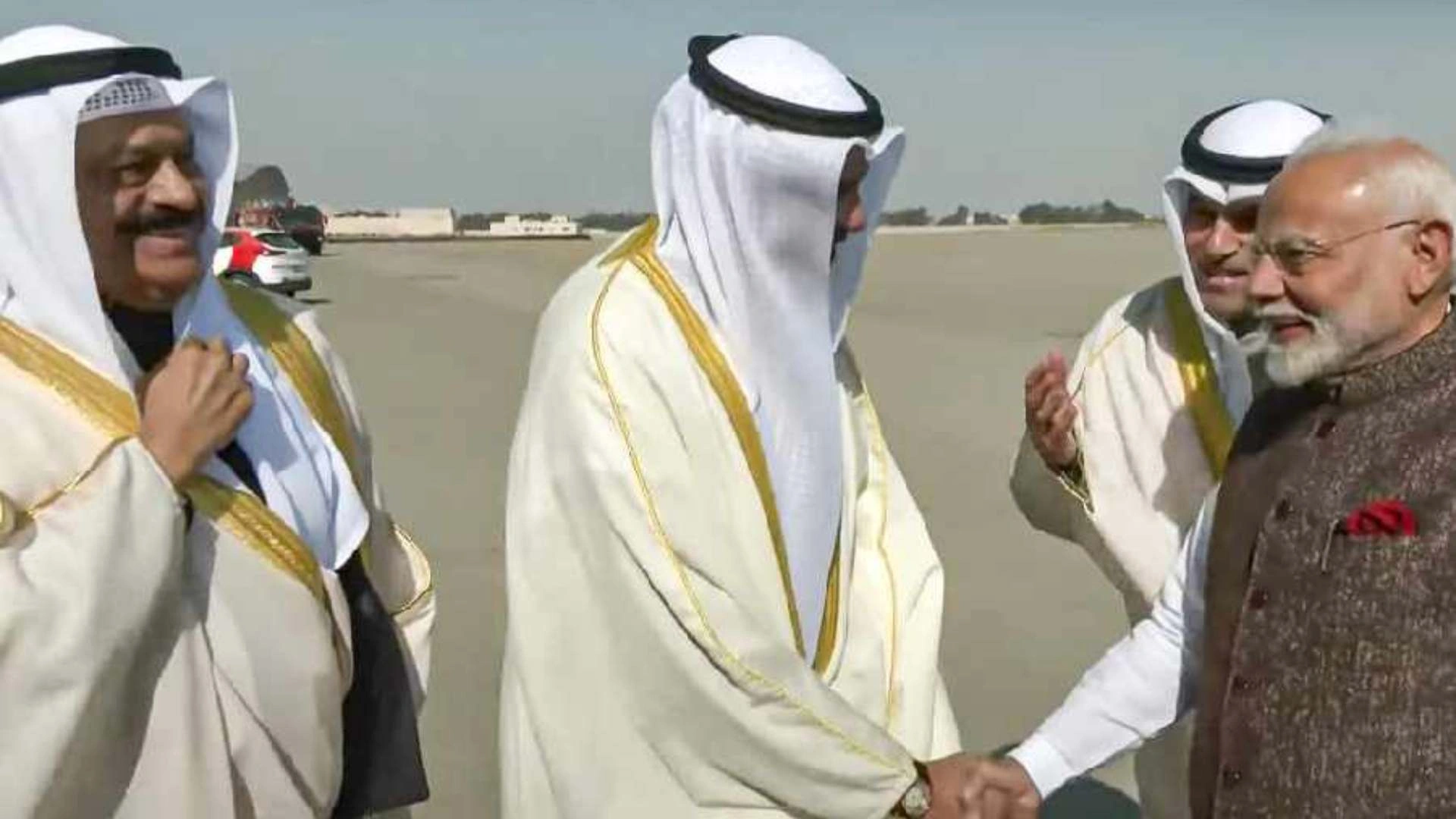Ratan Tata, the esteemed industrialist and philanthropist, passed away on October 10, 2024, at the age of 86. His legacy is intricately woven into the fabric of the Tata Group, a business house that has not only created wealth but has also transformed lives across India. The story of the Tata family is one of vision, struggle, and unwavering commitment to the greater good, stretching back to its founder, Jamsetji Tata.
Jamsetji Tata: The Visionary Founder
The Tata legacy began with Jamsetji Nusserwanji Tata, a visionary entrepreneur who laid the foundation of the Tata Group in 1868. Born in Navsari, Gujarat, Jamsetji moved to Mumbai, India’s commercial hub, where his dreams took shape. Starting with an initial investment of Rs. 21,000, he ventured into textiles, turning a dormant oil mill in Bombay into a thriving textile business.
Starting with a textile mill in central India in the 1870s, Jamsetji’s ambitions extended far beyond textiles. His vision laid the groundwork for India’s steel and power industries, significantly contributing to the nation’s leap from backwardness to industrialization. His pioneering spirit set the stage for what would become one of India’s most prominent business conglomerates.
But Jamsetji’s vision transcended commerce. He dreamed of transforming India into an industrial power. His initiatives led to the establishment of Tata Steel, which laid the foundation of India’s steel industry, and the iconic Taj Mahal Hotel in Mumbai, one of the world’s most luxurious hotel brands today. He also laid the groundwork for the development of technical education in India, inspiring generations to pursue industrial innovation.
Sir Dorabji Tata: The Legacy Bearer
Jamsetji’s eldest son, Sir Dorabji Tata, became the torchbearer of his father’s dreams. Under his leadership, Tata Steel was established in 1907 in the city of Jamshedpur, which was named in honor of his father. Tata Steel became a model of corporate social responsibility, long before the concept gained widespread recognition. Dorabji also oversaw the creation of Tata Power and the Sir Dorabji Tata Trust, a charitable endowment that propelled the Tata Group’s commitment to philanthropy. Under his stewardship, the Sir Dorabji Tata Trust was founded, cementing the Tata tradition of philanthropy and social responsibility.
Sir Ratan Tata: A Life of Philanthropy
Following in the footsteps of his forebears, Sir Ratan Tata, the younger son of Jamsetji, dedicated his life to philanthropy. He was sensitive to the struggles of ordinary people and used his wealth to enhance public life. His establishment of a trust fund aimed at the “advancement of learning and the relief of human suffering” underscored his commitment to societal welfare.
Sir Nowroji Saklatvala: Champion of Employee Welfare
Taking the reins in 1932, Sir Nowroji Saklatvala succeeded Sir Dorabji Tata as chairman of the Tata Group. Known for his vision and sportsmanship, Saklatvala emphasized employee welfare above all else. His leadership was marked by initiatives that prioritized the well-being of workers, reinforcing the Tata Group’s reputation as a socially responsible enterprise.
Naval Tata: A Multifaceted Contributor
Naval Tata made significant contributions across business, sports, and labor relations, embodying the spirit of giving back to the community. His passion for sports administration and labor relations showcased the Tata commitment to societal progress, demonstrating how business success can be harmonized with social responsibility.
JRD Tata: The Pioneer of Civil Aviation
Jehangir Ratanji Dadabhoy Tata, popularly known as JRD Tata, led the Tata Group for over half a century. He was a trailblazer in civil aviation, founding what is now known as Air India in 1932. His leadership not only expanded the Tata Group’s reach but also positioned India on the global aviation map. JRD’s legacy is characterized by his relentless pursuit of excellence and innovation.
Ratan Tata: The Global Visionary
Ratan Tata, known as RNT, assumed leadership during a transformative period in India’s economy, marked by the liberalization of markets. He navigated the group through the post-‘Licence Raj’ era, seizing opportunities for bold acquisitions and global expansion. Under his leadership, the Tata Group became more cohesive and innovative, fostering a culture of calculated risk-taking and fresh thinking.


















